Worker Classification – This has been an IRS focus for years, but it continues to be a problem as organizations try to save costs. Employees and independent contractors need to be classified correctly. Misclassification results in underreporting and underpaying payroll taxes and incorrect exclusion from employer retirement plans. If employees have been incorrectly treated as independent contractors, the result could be a heavy burden of paying back taxes, penalties, and interest.
Retirement Plans of Small Exempt Organizations – The IRS is reviewing the retirement plans of small exempt organizations to make sure the plan investments are administered correctly and to determine if there are any improper transactions between the plan and its participants. Improper transactions can result in prohibited actions, deeming distributions as taxable income, or result in early distribution penalties.
Form 990-N Filers Gross Receipts – The IRS is examining organizations to determine if the $50,000 gross receipts threshold was not met. If an organization’s average annual gross receipts for the prior three years is greater than $50,000, the organization is required to file a Form 990-EZ or Form 990.
Excise Tax on Excess Compensation – I know it may be hard to believe, but many exempt organizations pay some employees over $1 million in annual compensation. Paying over $1 million to a “covered employee” results in a 21% excise tax on the organization. The IRS is finding that many exempt organizations that are subject to this excise tax are not reporting it. The excise tax is reported on Form 4720, Return of Certain Excise Taxes.
Other Compliance Activities – In addition to the above, the IRS continues to investigate syndicated conservation easements. Promoters of conservation easement schemes inflate the value of conservation easements and promise charitable deductions larger than the amount invested by participants. The IRS is also focusing on abusive charitable remainder trusts and making sure that COVID-related employer credits, such as the employee retention credit, are reported properly.
With the IRS’s current budget restraints, understaffing issues, and Covid related processing backlog, it is unclear how much the IRS will be able to accomplish in the above areas, but despite the challenges the IRS is facing, they do continue to make their compliance activities a priority.
For more information about this topic, contact Larson & Company today.


.png)



